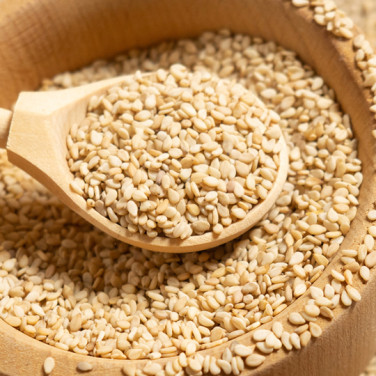FOOD
Can Dogs Eat Peaches? Are Peaches Safe for Dogs?
페이지 정보
본문
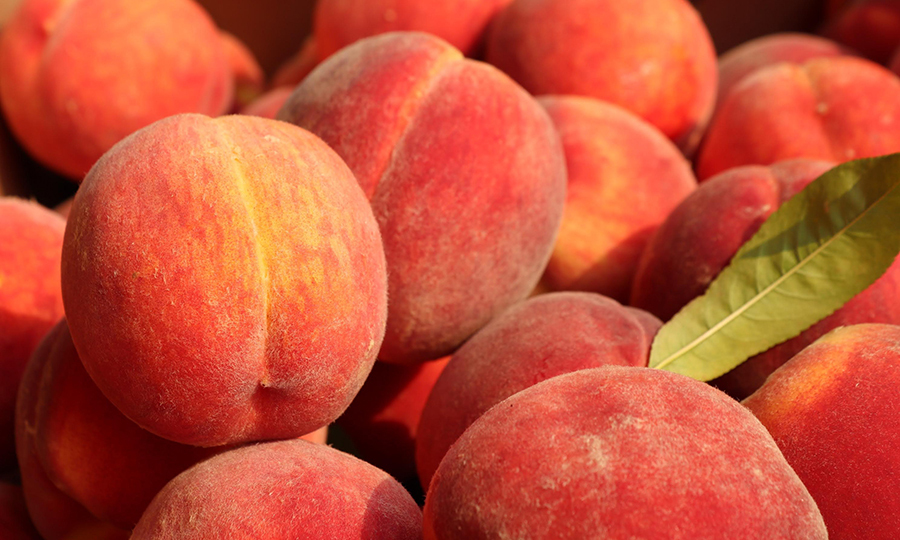
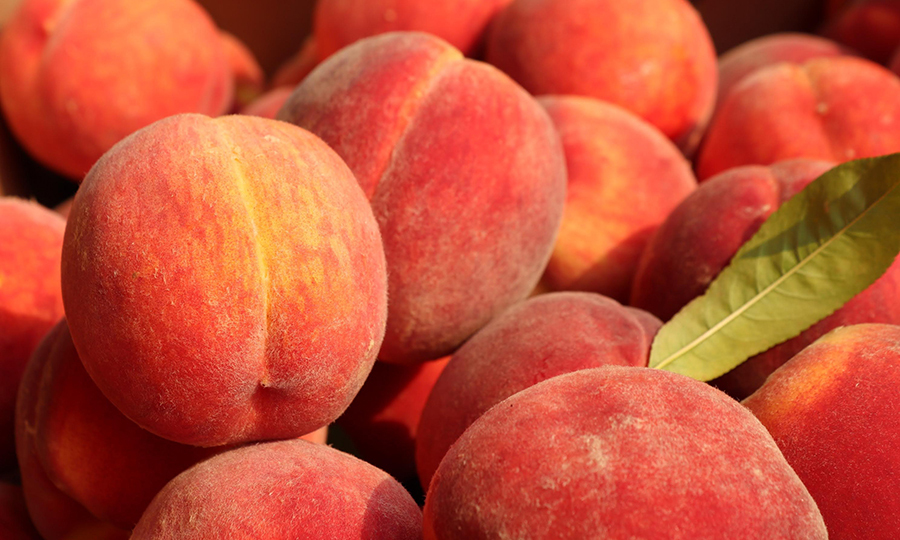
Can dogs eat peaches? YES!
Peaches are a great nutritious summer snack for pets due to their high-water content and abundance of vitamins and minerals. However, caution must be taken in preparing them before feeding as some parts of a peach contain trace amounts of cyanide. The seed, stem, leaves, and peel all contain small amounts of a toxic compound called amygdalin. Therefore, it is important to take precautions before feeding any peaches to your dog. The high-sugar content in peaches also poses a risk of gastrointestinal issues and obesity. It is important to know how to safely feed your dog peaches in moderation to offer them the benefits of peaches without the added risk.
Nutritional facts of peaches for dogs
Peaches not only make for a delicious treat, but they can also provide numerous health benefits for pets. Peaches are a rich source of vitamins C and A, which when ingested, can strengthen your pet's heart health and improve their immunity. In addition to these vitamins, peaches also contain essential nutrients such as vitamins E and K, niacin, folic acid, iron, choline, potassium, magnesium, phosphorus, manganese, zinc, and copper. All of these minerals are crucial for maintaining a healthy body and metabolism.
Main nutritional benefits of peaches for dogs
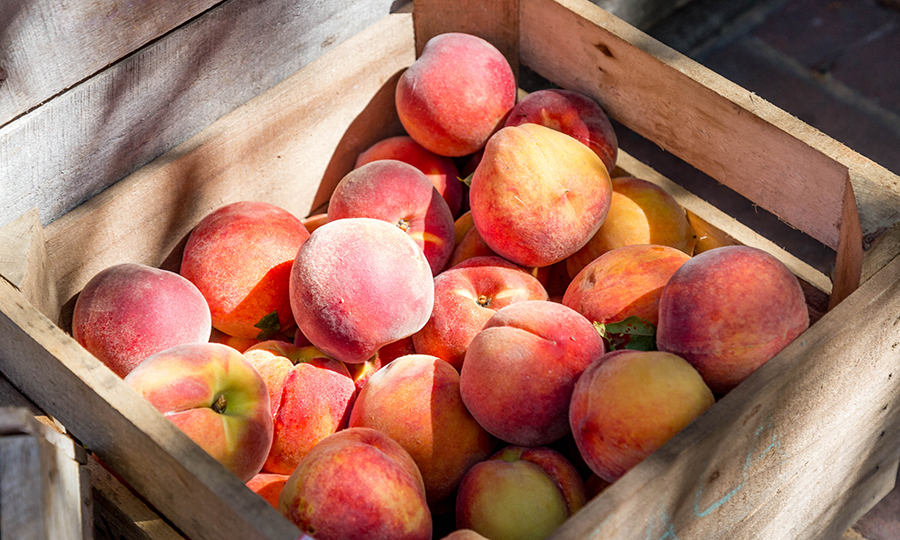
-
Vitamin C:
Vitamin C helps to strengthen your pet's immunity and eliminate harmful free radicals that have been linked to certain types of cancer.
-
Vitamin A:
Vitamin A can help with your dog's eyesight and helps maintain healthy mucous membranes and skin.
-
Vitamin E:
Vitamin E plays an important role in the body as an antioxidant necessary for the formation of internal tissues in the dog's body.
-
Fiber:
The high-fiber content in peaches helps to maintain healthy digestion.
-
Various minerals:
Minerals are essential for maintaining the balance of your pet’s metabolism, which includes bone and cartilage formation, enzyme reactions, oxygen transport in the blood, hormone production, and muscle and nerve activity.
Some precautions when feeding peaches
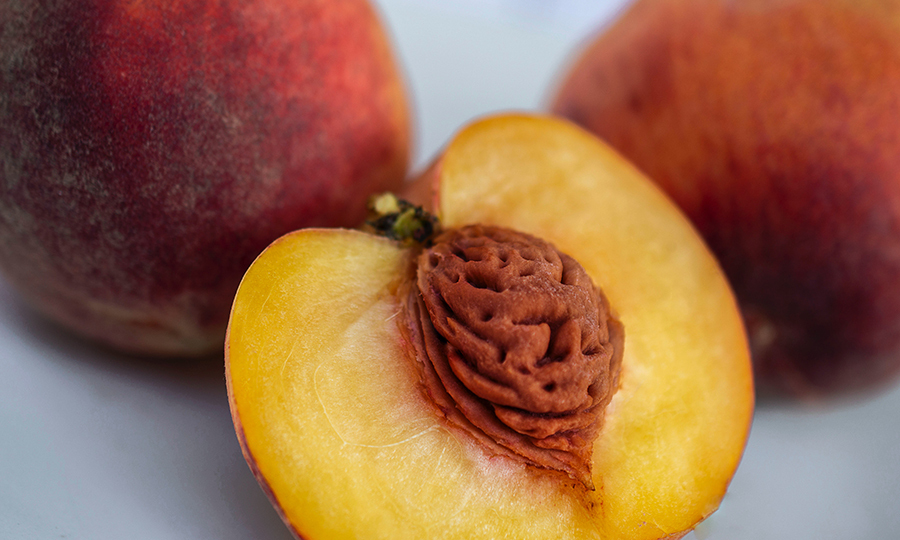
High-sugar content
It is recommended to only feed a small amount in moderation due to the high sugar content in peaches. It is recommended to avoid feeding dogs with diabetes or risk of obesity because of the sugar content. Moreover, overconsumption of high-sugar foods can cause digestive symptoms such as diarrhea and upset stomach.
Cyanide in peel, leaves, stem, and pit
A peach’s skin, seed, stem, and leaves contain trace amounts of cyanide that can cause poisoning symptoms if considerable amounts of these parts are ingested.
Signs of cyanide poisoning:
- Vomiting and diarrhea
- Abdominal pain
- Shortness of breath
- Loss of appetite
- Seizures
- Coma
Choking hazard
Peach seeds pose a significant risk to your dog's health due to their size and abrasiveness. They can easily cause damage and become lodged in your dog's esophagus. This is why it is vital you remove the pit and only serve the flesh of a peach.
Pesticide hazard
Peach skin may still contain chemical ingredients such as pesticides. It is recommended to only feed the flesh of the peach to your pet to avoid any allergic or poisoning symptoms.
How to safely serve peach to my dog?
When giving peaches to your dog, it is important to ensure that the fruit is ripe and fresh. The next step is to remove the pit and only cut out the flesh of the peach into small bite-sized pieces. It is suggested that treats should be limited to around 10% of the recommended daily calorie intake. Due to the peach’s high-sugar content, it is advisable to serve peaches in small portions in moderation.
Curious if you can feed your dog other foods besides peaches?
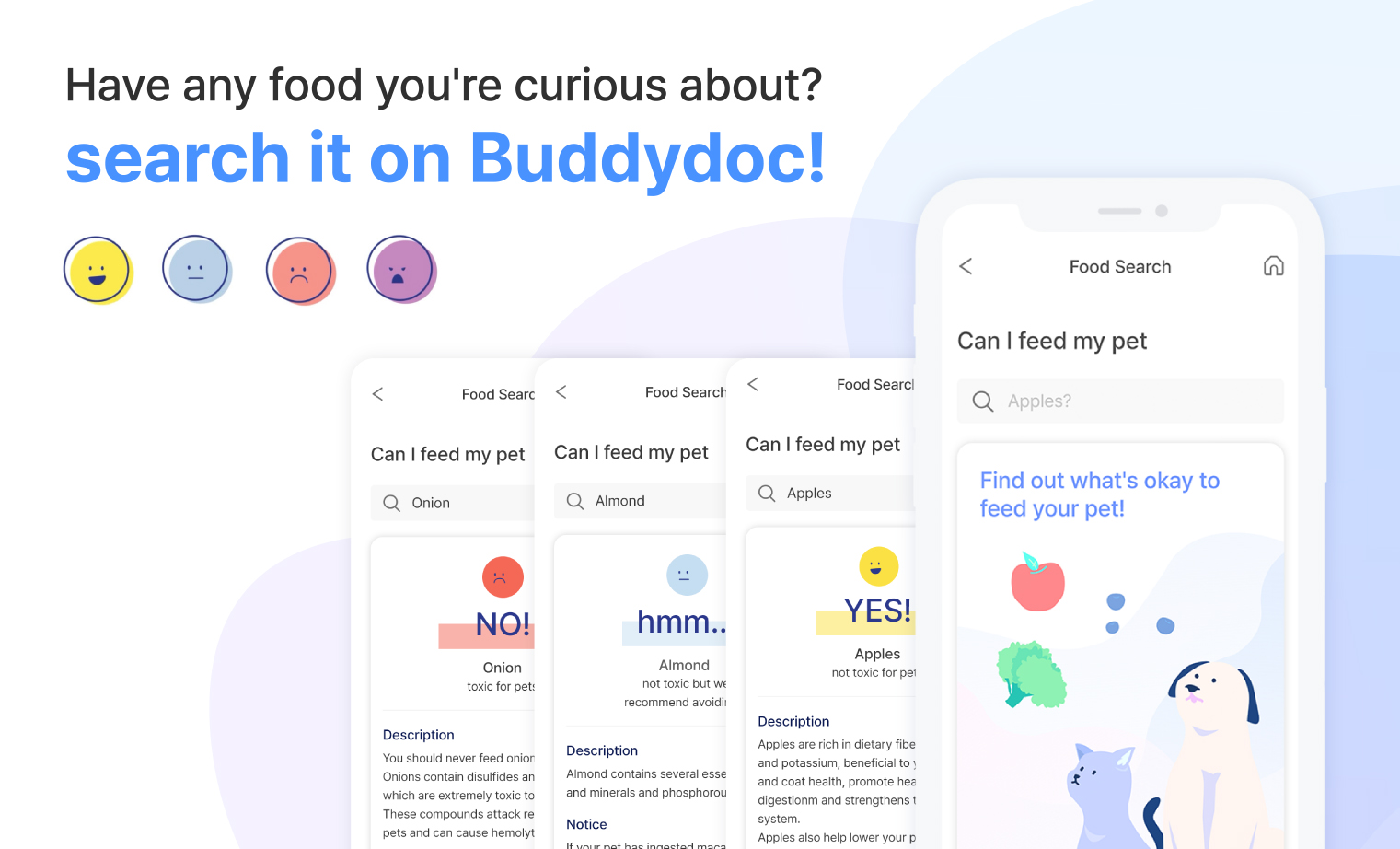
Does your dog also look up at you with those puppy dog eyes whenever you are snacking on something? You know foods like chocolates should not be shared with them but do you search the Internet every time if it’s okay to share a bite of whatever you are eating? The Buddydoc Food Dictionary provides information on hundreds of foods that we consume and informs you whether it is safe for them to consume and the nutritional benefits for your pet. If you're curious about other foods, try searching on Buddydoc!




